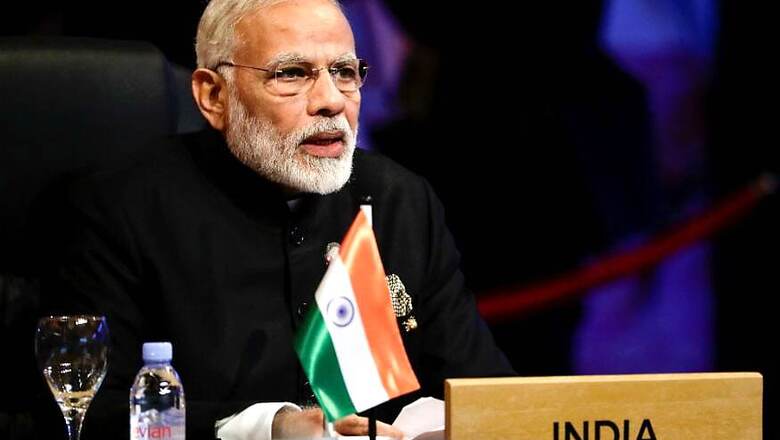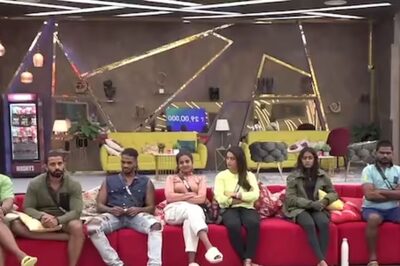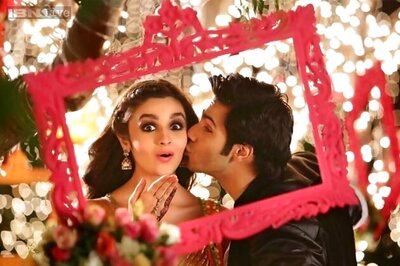'Must Stay Out of Judicial Crisis' and 'Don't Know Protocol': Takeaways From PM Modi's TV Interviews

views
New Delhi: Prime Minister Narendra Modi, right before he left for the World Economic Forum in Davos, gave hour-long interviews to two TV channels. He touched upon several issues and said that the government and political parties must stay out of the unprecedented judicial crisis, gave enough indications that the upcoming Budget may not be populist and asserted his poll slogan of "Congress-free India" was not aimed at eliminating the party politically.
Here are 10 key takeaways from PM Modi’s television interviews:
1. Prime Minister Narendra Modi said he is open to more changes in the Goods and Services Tax (GST) to plug loopholes and make it a more efficient tax, six months after the roll-out and dozens of changes over several GST Council meetings.
2. Asked about the judiciary crisis in Supreme Court after four senior-most judges openly criticised the CJI, Modi said, “I think I should stay away from this debate. The government must also stay away. The political parties must also keep out of it... They will sit together and find a solution to their problems.”
3. Modi said his slogan of 'Congress-free India' was not about eliminating the main opposition party politically but about ridding the country of the "Congress culture" which he termed as casteist, dynastic, corrupt and involving total control over power among other ills.
4. Days after being mocked by the Congress over his hugs with world leaders, Modi said that had he been "trained", he too would have followed the laid down protocols of shaking hands and "looking left and right" with world leaders.
5. Asked if his government will turn populist in its last full-year Budget before the general elections in 2019, Modi said the issue falls under the ambit of the finance minister and he does not want to interfere in it. The PM, however, added that the common man expects honest governance. "He doesn't demand sops and freebies. It is our myth."
6. Modi stoutly defended his economic policies, saying demonetisation was "a very big success story" and that he was open to changes in the GST to plug loopholes and make it a more efficient 'one-nation-one-tax' system.
7. The Prime Minister said that his government was taking decisions to fulfil the needs and aspirations of the common man. The prime minister pledged that his government will stay on the course of the reforms agenda that has pulled out India from being among the "fragile five" economies of the world to being a "bright spot".
8. Modi further rejected criticism of providing a jobless growth, saying "lies" were being spread about employment generation and his government's policies were oriented towards creating jobs.
9. On the foreign policy front, Modi rejected the notion that India was putting "so much hard work" to isolate Pakistan, asserting that his efforts were aimed at uniting the world powers to defeat terrorism as his country has been suffering from the scourge since decades.
10. Acknowledging farm distress, he said it was the responsibility of the Centre and the state governments to identify and address farmers' issues.



















Comments
0 comment